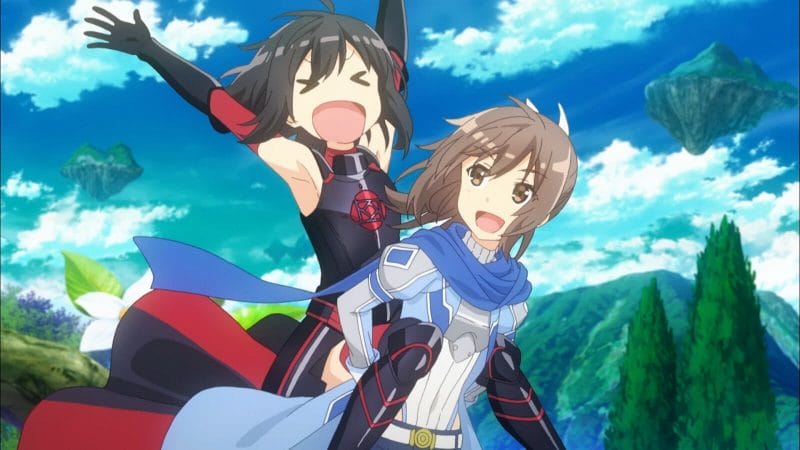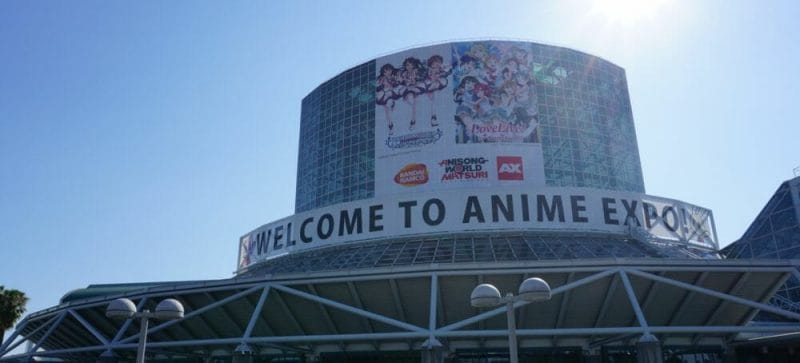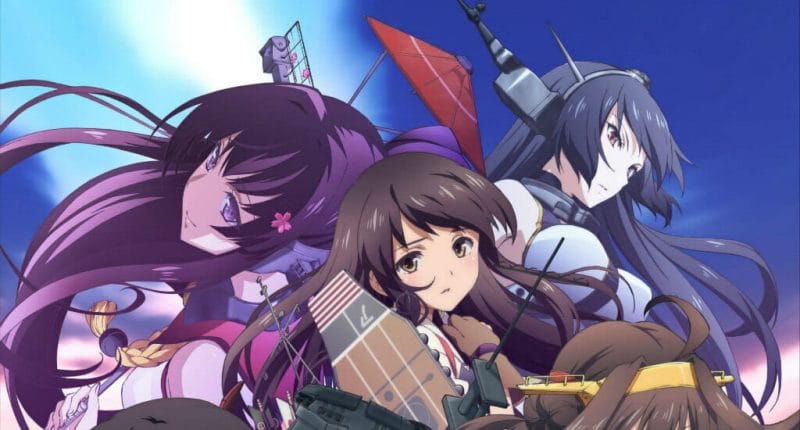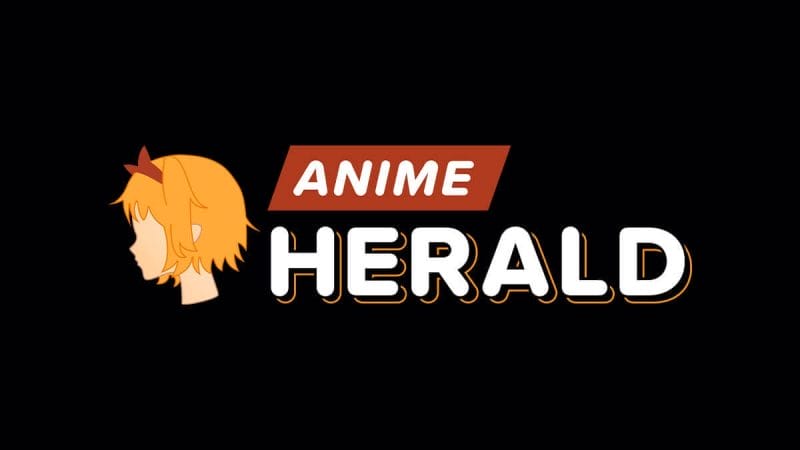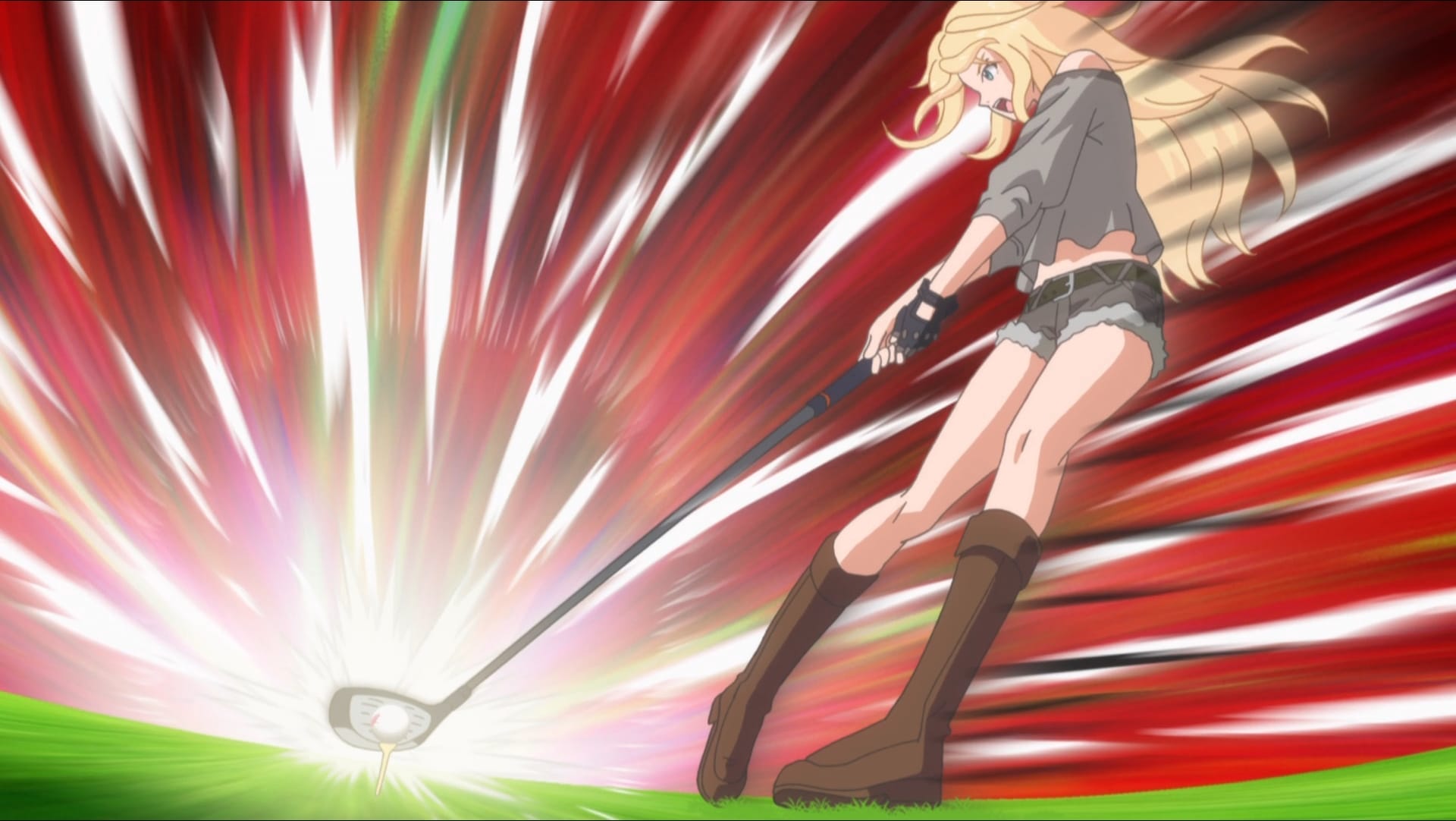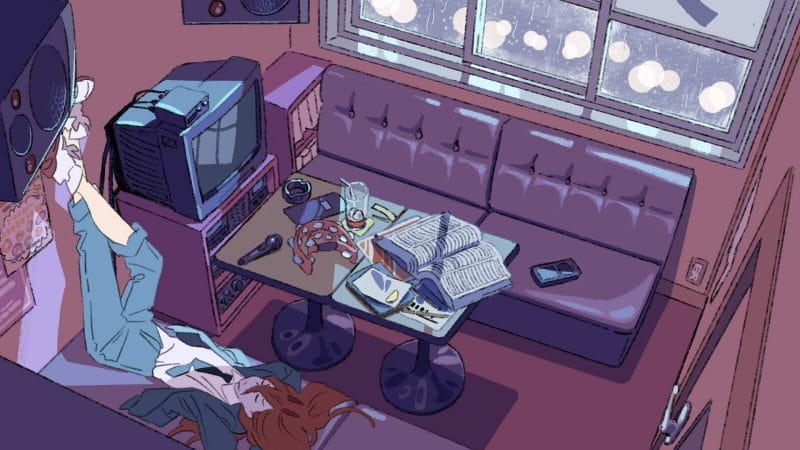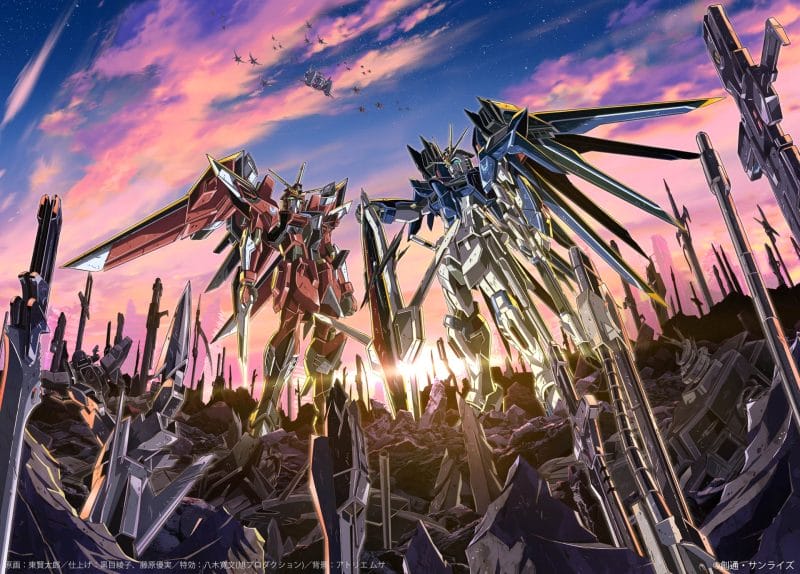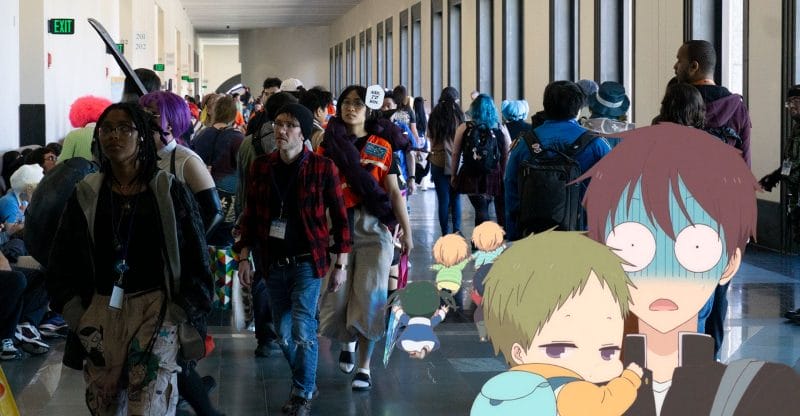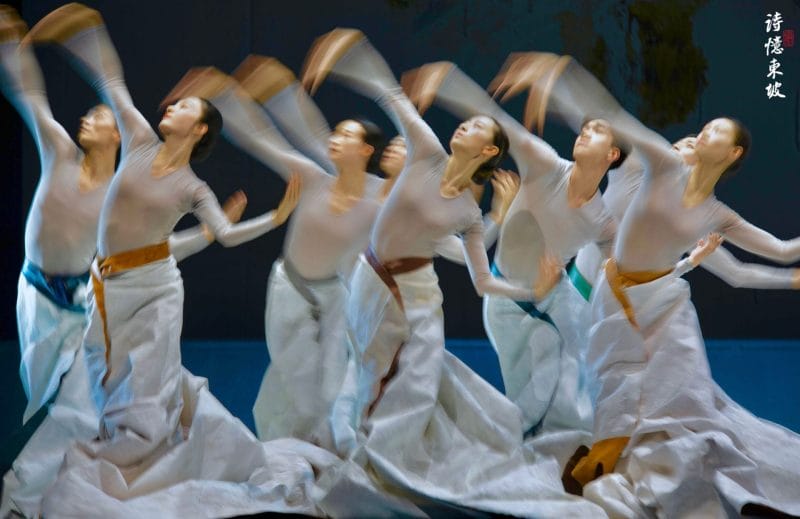 Over the past week, the anime industry has seen a number of stories ripple through the daily grind. Of the more notable items,
Over the past week, the anime industry has seen a number of stories ripple through the daily grind. Of the more notable items,
- Sentai Filmworks acquired several anticipated titles, including Devil Survivor 2
- Anime director Shinichi Watanabe was released from the hospital
- Ryoko Ikeda will return to Rose of Versailles to pen the first addition to the series in forty years
However, reaction to just about everything has been fairly mute, overall. Instead, the news cycle in social media, and across much of the has been fairly muted. Instead, much of the conversation this week has been dominated by Nintendo. On Wednesday, the company hosted a Nintendo Direct: a web presentation where the company outlines the titles coming in the near future. They’ve gained a reputation for unveiling surprises during these presentations. This particular one proved to be no different, as the company unveiled numerous surprises, including the following:
- Square-Enix’s Bravely Default: Flying Fairy would be released in 2014
- A sequel to the 1992 Super Nintendo classic, The Legend of Zelda: A Link to the Past
- Cult Super NES RPG EarthBound will see a re-release on the WiiU Virtual Console later this year
“What does this have to do with anime?!”
Dear reader, do you remember when I spoke of competing products and substitutes having an impact on demand? And do you remember that I said that the larger, more important part of the market isn’t married to a particular interest? that they will willingly substitute products to suit their needs, so long as the format appeals to them?
This is the exact effect I was speaking of. As many know, anime shares a large one-way overlap in customers with video games. By this, I mean that, while many gamers aren’t anime fans, a large percentage of anime fans are gamers. On top of this, the overall anime customer-base is fairly small in comparison to video gaming for obvious reasons.
So, when the larger of two markets generates a major news item, its ripples have an effect more akin to a shock wave. It will tear through both its own hobby, and those connected to it, and utterly dominate the news cycles of smaller, connected hobbies. This effect is a temporary one – as the news cycle changes, the effect diminishes and the environment returns to its equilibrium point.
Unfortunately, unless the market does grow, there is no real way to stop this effect. The chances of the reverse happening are fairly slim, barring truly extraordinary circumstances. As we’ve seen, feats like Spirited Away winning an Oscar do little more than elicit a few comments from the greater communities, and the effect is usually negated within a day or two. So, with this in mind, the solution becomes clear: to negate a dominant news item from the outside, industry players must grow their market, to the point that the overall community is insulated from such news bombs in the future.



